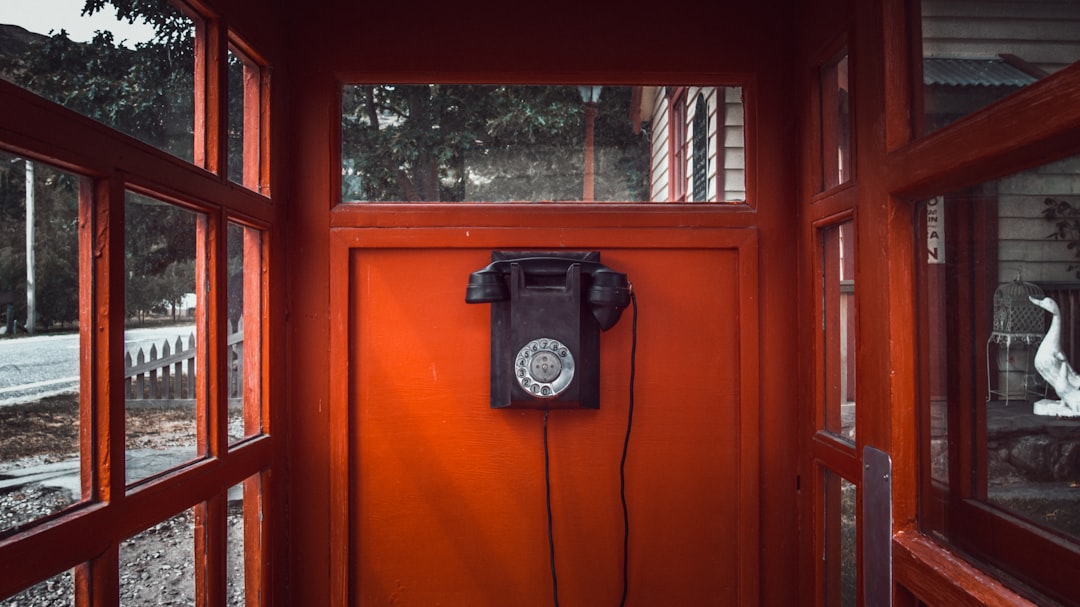In New Jersey and Charlottesville, residents are protected from unwanted robocalls by strict Do Not Call Laws. If these laws are violated, a Do Not Call Lawyer or Attorney in New Jersey can offer legal guidance and assistance. Both businesses seeking compliance and consumers facing violations should stay informed about Do Not Call Laws New Jersey and the National Do Not Call Registry. Specialized legal experts can help combat spam calls from spam call law firms and ensure protection under state regulations.
Charlottesville consumers face a growing tide of robocalls, but there’s good news: strict Do Not Call laws in New Jersey offer protections. If you’re tired of unwanted automated calls, understand your rights and options. This guide explores New Jersey’s Do Not Call Laws, how to qualify for robocall exemptions, and what actions you can take against spam calls. Connect with a trusted Do Not Call Lawyer New Jersey or Do Not Call Attorney New Jersey from a reputable Spam Call law firm New Jersey to ensure your rights are protected under Do Not Call Laws New Jersey. Discover how to reclaim your peace of mind.
Understanding Do Not Call Laws in New Jersey
In New Jersey, consumers have protections against unwanted robocalls and spam calls thanks to strict Do Not Call Laws. These laws are designed to give residents control over their phone lines, minimizing the number of unsolicited calls they receive. As a consumer in Charlottesville, if you’re dealing with incessant robocalls, understanding your rights under New Jersey’s Do Not Call Laws is crucial.
A Do Not Call Lawyer New Jersey or Do Not Call Attorney New Jersey can help navigate these regulations and ensure compliance for businesses. If you’ve registered on the National Do Not Call Registry but still receive spam calls, a legal expert from a Spam Call law firm New Jersey or Do Not Call law firms New Jersey can assist in taking action against the culprits. These laws are continuously updated to adapt to evolving communication technologies, making it essential for businesses to stay informed and for consumers to know their rights under Do Not Call Laws New Jersey.
How to Qualify for Robocall Exemptions
In Charlottesville, as in many places across the country, robocalls are a common nuisance. However, consumers have protections under the Telemarketing and Consumer Fraud and Abuse Prevention Act (TCFAPA) and similar state laws, including Do Not Call Laws in New Jersey. To qualify for robocall exemptions, individuals or businesses must meet specific criteria. For instance, calls from non-profit organizations, political campaigns, or certain government agencies are often exempt. Additionally, if you have explicitly given permission for a company to contact you, such as through a subscription or consent form, these calls may be allowed.
For Charlottesville residents facing an influx of unwanted spam calls, consulting with a Do Not Call Lawyer New Jersey or Do Not Call Attorney New Jersey can be beneficial. These legal experts specialize in navigating the complexities of Do Not Call Laws New Jersey and can help determine if your rights are being violated. If you’re dealing with persistent robocalls, they may also advise on strategies to block these calls and provide guidance on potential legal recourse against violative spam call law firms New Jersey.
Your Rights and Options When Facing Spam Calls
If you’re tired of receiving unwanted robocalls in Charlottesville, know that you have rights and options under New Jersey’s strict Do Not Call Laws. These laws protect residents from intrusive automated calls, especially those marketed or promotional in nature. If a business continues to call despite being listed on the National Do Not Call Registry, it could face significant penalties.
Consider reaching out to a Do Not Call Lawyer or Attorney in New Jersey who specializes in these laws. They can guide you through your rights and help you take action against persistent spam calls. Such law firms often offer legal counsel and representation to ensure businesses comply with the state’s anti-spam regulations, protecting you from further nuisance calls.






